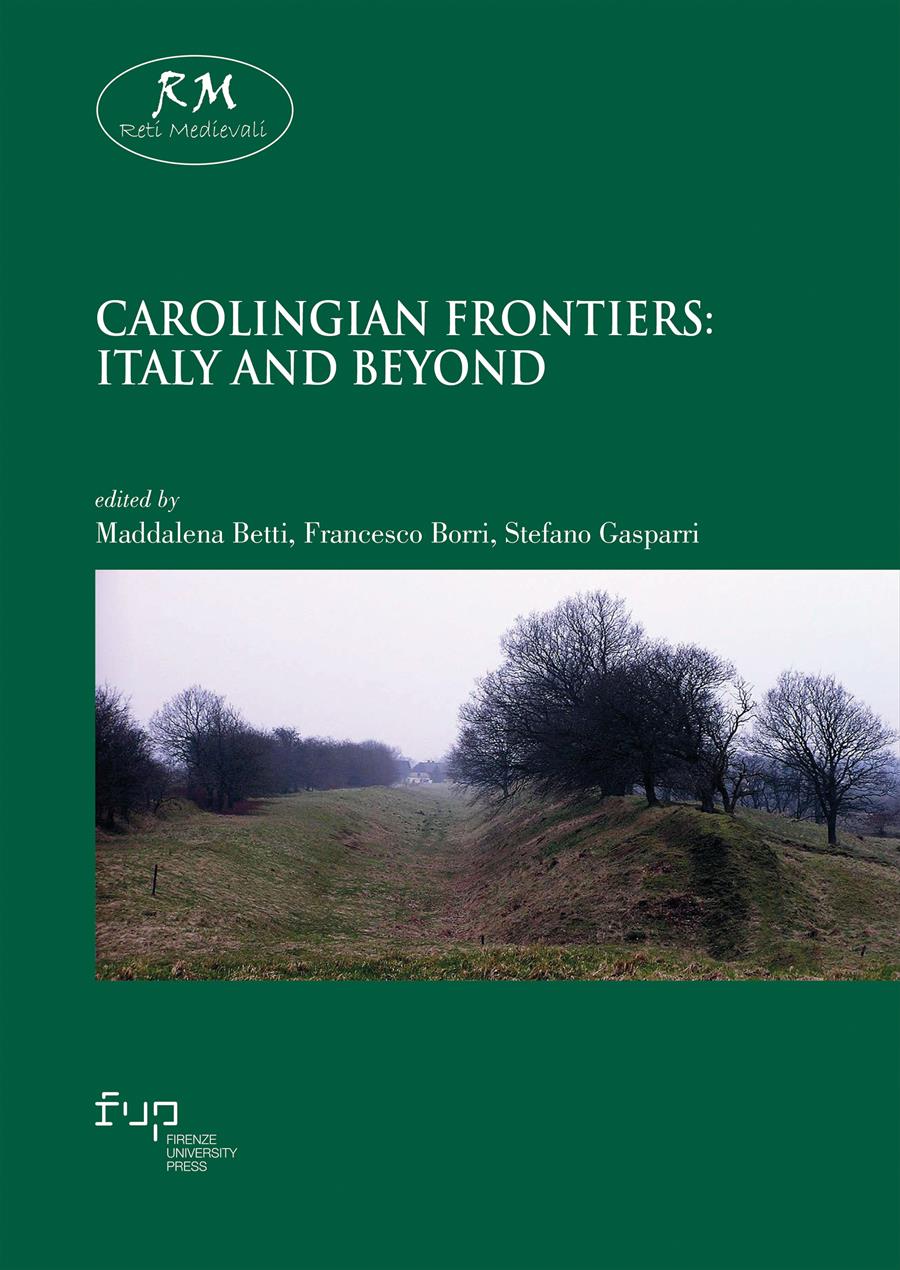- Carolingian Frontiers: Italy and Beyond
- Edited by Maddalena Betti, Francesco Borri, Stefano Gasparri
From passageway to frontier: the Alps in Carolingian times
- Katharina Winckler
- © 2024 Author(s) |
- CC BY 4.0
- DOI: 10.36253/979-12-215-0416-3.08
The article focuses on the Carolingian frontiers within the Alps: starting with their origins in Roman times and the changes in the Merovingian era, it focuses on the broader developments of the Carolingian period, when many areas of the Alps were reframed into new spatial entities, such as the Eastern Alps eventually becoming part of the Eastern Frankish kingdom.
- Keywords:
- Middle Ages,
- 6th-9th centuries,
- alpine frontiers,
- Carolingians,
- alpine passes,
- alpine strongholds,
- alpine roads,
University of Trento, Italy - ORCID: 0000-0001-6062-8797
Chapter Information
Chapter Title
From passageway to frontier: the Alps in Carolingian times
Authors
Katharina Winckler
Language
English
DOI
10.36253/979-12-215-0416-3.08
Peer Reviewed
Publication Year
2024
Copyright Information
© 2024 Author(s)
Content License
Metadata License
Bibliographic Information
Book Title
Carolingian Frontiers: Italy and Beyond
Editors
Maddalena Betti, Francesco Borri, Stefano Gasparri
Peer Reviewed
Number of Pages
354
Publication Year
2024
Copyright Information
© 2024 Author(s)
Content License
Metadata License
Publisher Name
Firenze University Press
DOI
10.36253/979-12-215-0416-3
ISBN Print
979-12-215-0415-6
eISBN (pdf)
979-12-215-0416-3
eISBN (xml)
979-12-215-0418-7
Series Title
Reti Medievali E-Book
Series ISSN
2704-6362
Series E-ISSN
2704-6079
